TodayOnline published an article earlier today saying that “fresh graduates need not worry that if they accept a low salary at their first job, it will have a dampening effect on their pay throughout the rest of their careers”.
Here’s my (strong) opinion: That’s pure, utter rubbish.
Let me explain.
My gripe is on the use of the absolute term “will not”, because that effectively rules out all scenarios where that practice DOES happen.
And THAT, is where the problem is. You cannot rule out the possibility that your next hiring manager will ask for your last-drawn payslip, and use that to gauge your pay offered. That’s exactly what happened to me, my friends, and many other people I know.
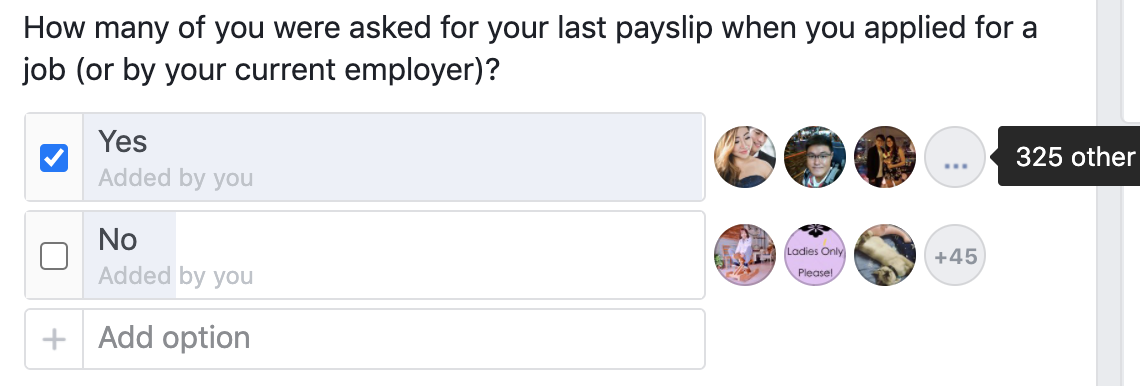
There’s a difference between recommending a practice vs. actually ENFORCING it. If you really want to protect the class of 2020 who are (unfortunately) graduating into this unprecedented crisis, then make it a legislation!
Because the sad and unfortunate reality is that in many cases, the pay gap is hard to close when you graduate into a crisis with a low starting pay vs. graduating into a bullish economy.
Don’t just take my word for it. Check out what Abigail Wozniak, a research economist at the Federal Reserve Bank of Minneapolis has to say on this topic as well. She spent her career studying recessions, and shared a sobering finding:
If you’re a college graduate who enters the job market during a recession, you never really catch up – your lifetime earnings are around 10 to 15 percent lower.
This paper here analyzes the magnitude and sources of long-term earnings declines associated with graduating from college when a recession hits. The researchers used a “large longitudinal university-employer-employee dataset” and found that the cost of recessions for new graduates is substantial and unequal.
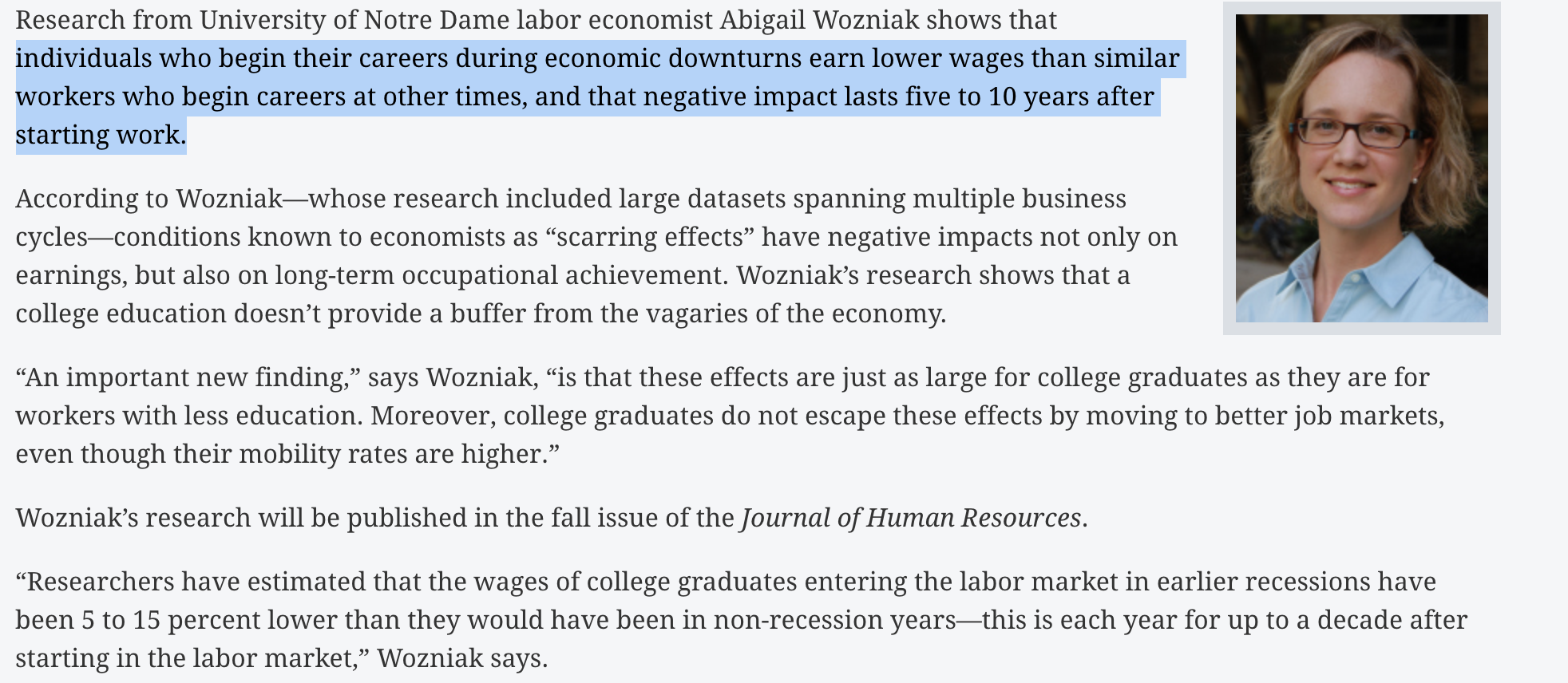
Unlucky graduates even suffer persistent earnings declines lasting 10 years! They start to work for lower-paying employers, and then partly recover as they gradually move to other firms.
Or, in her own words, “A bad hand at the beginning of a game where everything is connected has lasting negative effects”.
The lower your starting base, the longer you’ll potentially take to play catch-up.
Can you catch up? Of course! Never lose hope. But recognize that your ability to do so will depend on your (i) skills, (ii) negotiation ability and (iii) luck with finding a great employer.
I say luck, because those who are able to find such employers are truly blessed.
So what should graduates do?
P.S. I work with hundreds of HR directors in my line of work, and most of them still ask for the last-drawn payslip. (The practice is so common that I even know of folks who resort to Photoshopping their payslips because it was just so damn hard to negotiate otherwise.)
Until this practice changes, it’ll be futile to convince me that a low starting salary is not gonna affect the rest of your career.
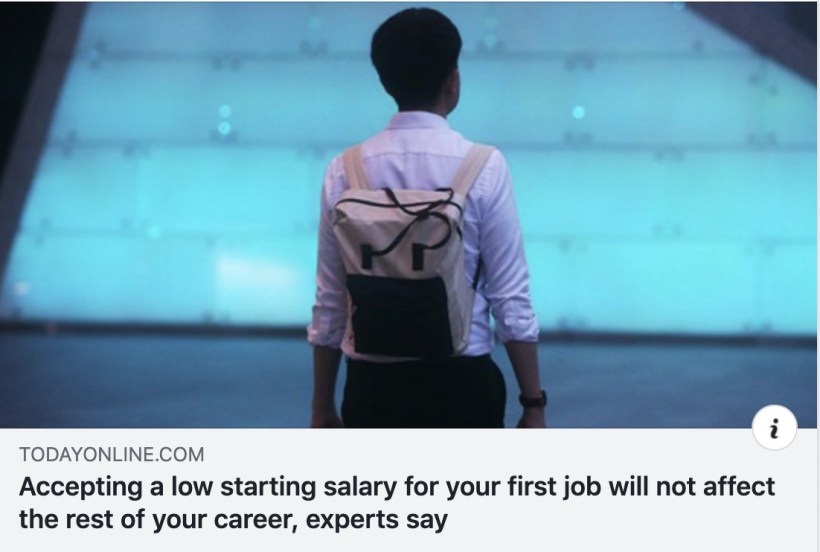


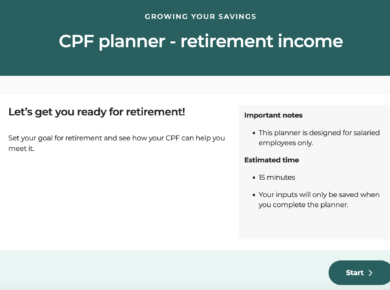



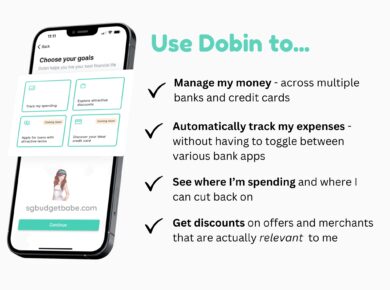
2 comments
That is so so true !!
When the last drawn wasn't provided,
Some said : "What is there to hide ?"
Some even said : "That is a mandatory requirement."
Others didn't say anything, you just don't hear from them anymore.
That is the "best practice" in the real world we are living in.
Hahaha, that's one of the cons of living in a fascist-level environment, where country & industry takes precedence over individuals. State media has no choice but to parrot it (aka unbiased reporting), & no contradictory reporting or opinions please.
Well, you need to take the good (overall stability, structuredness, letter of the law) with the bad. That's why so many MNCs invest here. And so many billionaires want to move their money & families here.
This graduate-in-recession==>lifetime-lower-earnings has been well researched by quite a number of reputable universities in developed countries for the past few decades (longitudinal studies following different graduating cohorts). It's been reported in their newspapers & TVs & online, and is no secret.
Pretty tough to legislate against last drawn salary unless govt is willing to enforce a less profitable environment for industry.
This is also the main reason why SG doesn't legislate against ageism & sexism — banning of such info on job applications. We do a lot of nudging & soft legislation (FCF, SEC etc), but strong legislation? Nah. That's anti-business.
Comments are closed.